Figuring out how to finish your home's construction can sometimes feel like an endless task. Do you want to try using a vapor barrier in the basement but don't know whether or not this is a good idea? Well, we've done extensive research into this topic and have all of the answers for you. Let's check it out.
Using a vapor barrier isn't generally the best idea if you have a finished basement. Considering how much moisture these barriers can trap, inviting extra humidity into your finished basement could mean mold and mildew will develop.
However, if your basement is unfinished and you live somewhere with a mixed climate, vapor barriers can be helpful. Again, this will depend on your space and whether it gets hot and humid throughout the year where you live.
As we begin, we will cover all things vapor barriers and discuss whether or not your basement needs one. Regardless of the climate or the state of your home, we're here to offer some advice. With that said, let's dive deeper into this question!
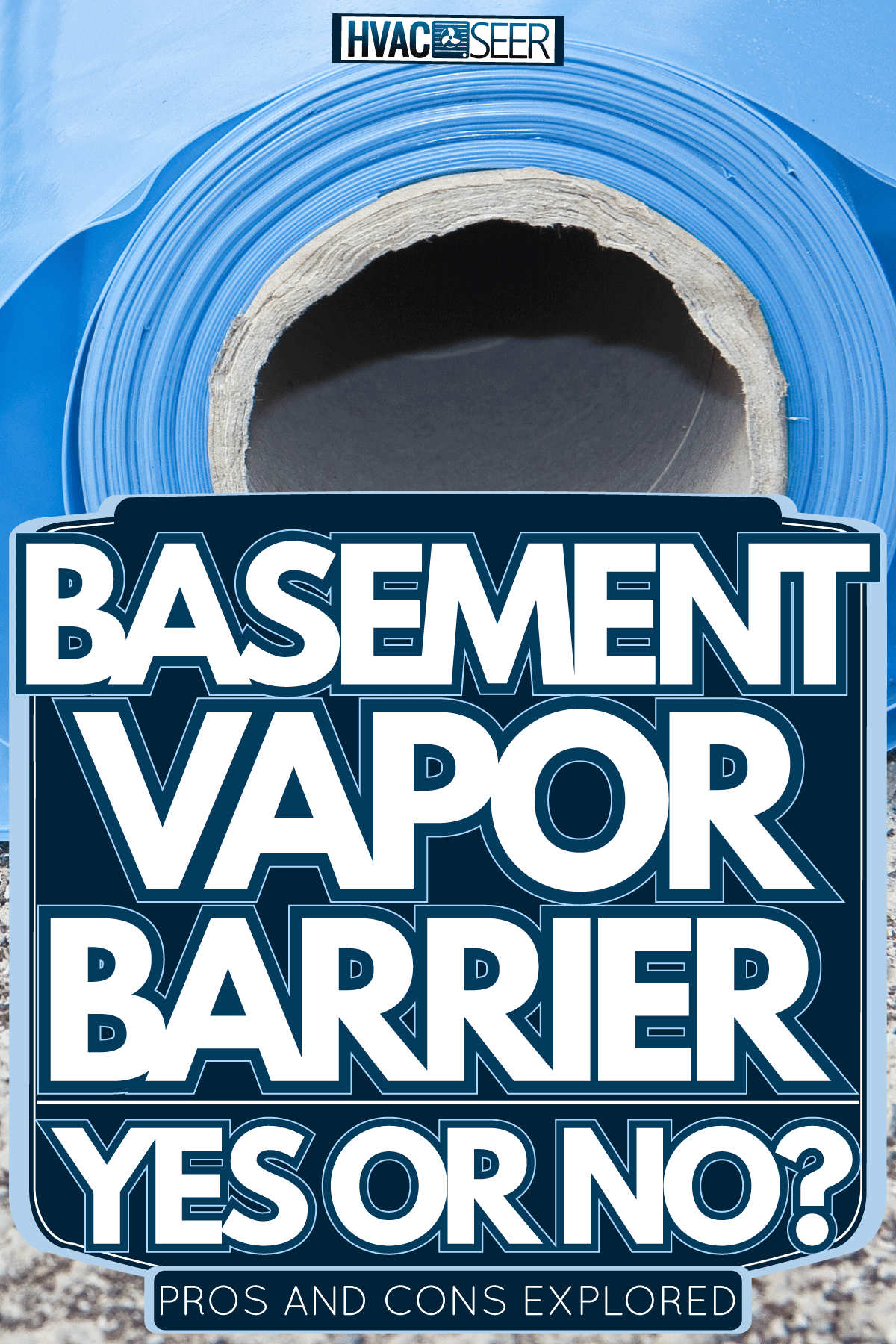
What Does A Vapor Barrier Do?
A vapor barrier is essentially a thick plastic material that prevents ground moisture from entering a space. Using these can be beneficial in a basement, as moisture can lead to mold, mildew, and structural damage.
Furthermore, vapor barriers can help prevent water from reaching building walls, ceilings, attics, crawlspaces, or roofs, so they come in handy.
Having a vapor barrier can become a problem if your basement is finished and creates any amount of humidity, as it will become trapped inside. For example, if your basement has a kitchen or bathroom, moisture will develop, often lingering for long periods.
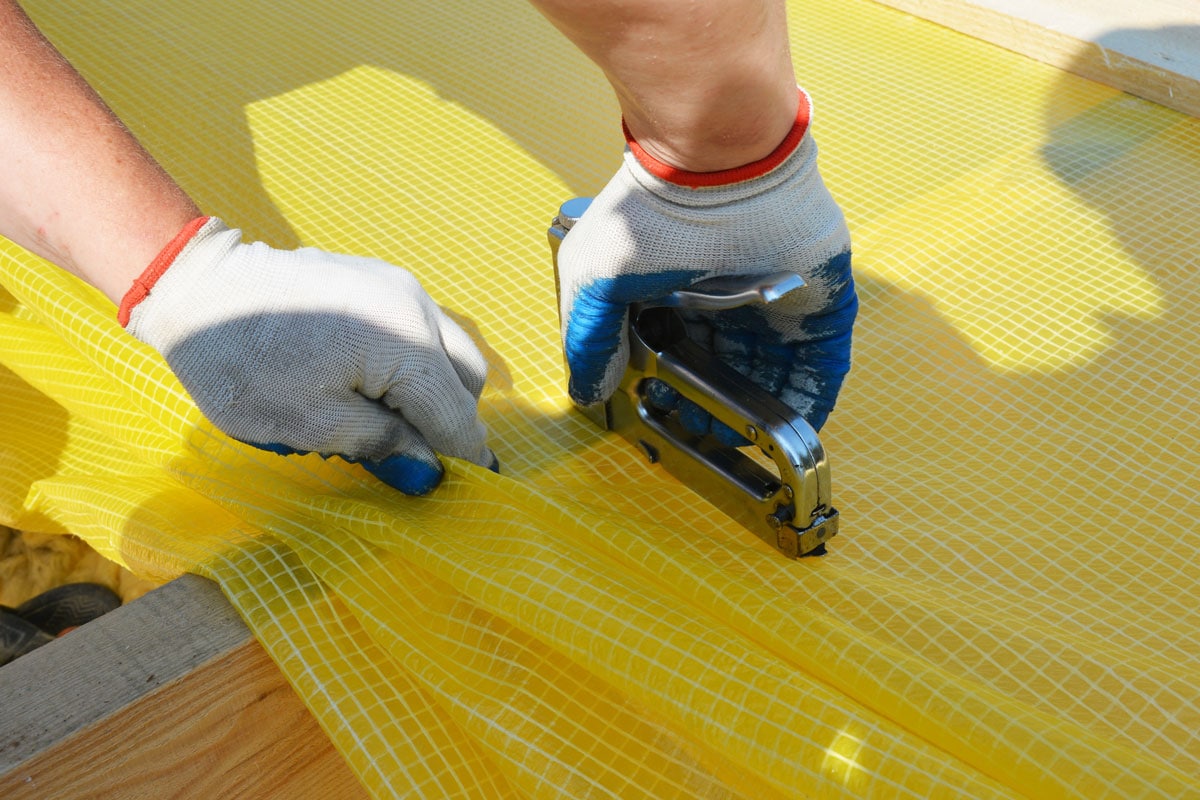
Is Having A Vapor Barrier In The Basement Necessary?
If your basement isn't finished, we think using a vapor barrier is necessary. Considering that this plastic material will prevent water from damaging the structure of your house, investing in a vapor barrier is a long-term investment.
However, if your basement is completed and you hang out down there often, a vapor barrier isn't required. As we mentioned, basements with bathrooms or kitchens create humidity, which won't have anywhere to escape with a vapor barrier.
According to Building Advisor, the best insulation for a finished basement is something closer to a rigid foam board alongside the interior, so that's something to consider.
What Happens If You Don't Install A Vapor Barrier?
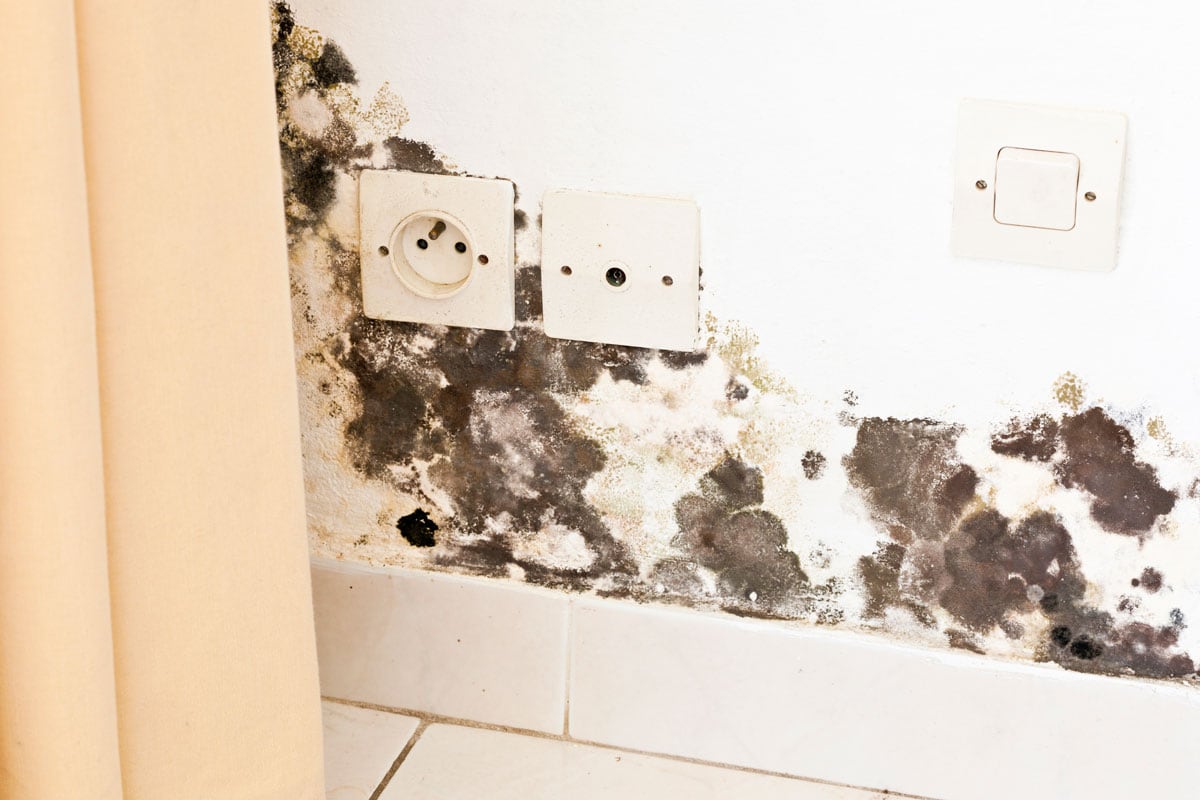
If your basement doesn't have a vapor barrier, this can lead to problems. As we covered, unfinished basements can benefit from a protective "barrier" layer.
However, if your space is fully finished and has a bathroom/kitchen, a vapor barrier isn't 100% necessary. Again, this comes down to your home, the climate, and your basement design.
Mold and mildew can form if your basement doesn't have a vapor barrier. You may see this start as water damage along the drywall base.
Moreover, it's likely to see rotting and structural damage once humidity levels become too high. So, if your basement doesn't have a finished design, use a vapor barrier.
Do You Need A Vapor Barrier In Florida?
Yes, if you live somewhere warm and humid, like Florida, a vapor barrier is good. According to CertainTeed, installing a vapor barrier facing the outside of your house can be beneficial.
Furthermore, they cover that locations like Florida, the Gulf Coast, and even Hawaii often need some layer of moisture protection to prevent water damage.
Generally, places with mixed annual climates will need a vapor barrier. That means the summers get hot and humid, and then in the winter, you end up needing heat.
Even if the weather isn't super dramatic throughout the year, installing a vapor barrier can fight outside moisture from making your basement its next victim.
Do I Need A Vapor Barrier In Arizona?
If you live in a dry, desert climate like Arizona, you don't usually need a vapor barrier. Figuring that Arizona won't be moist much or even at all throughout the year, installing a vapor barrier can create issues in your basement.
Besides trapping any humidity your space might have, vapor barriers don't always handle extreme heat well. That can become a big problem in the desert, where 100 degree days are more common than not.
So, if your house isn't somewhere with high humidity, we don't think having a vapor barrier is necessary.
When Should You Use A Vapor Barrier?
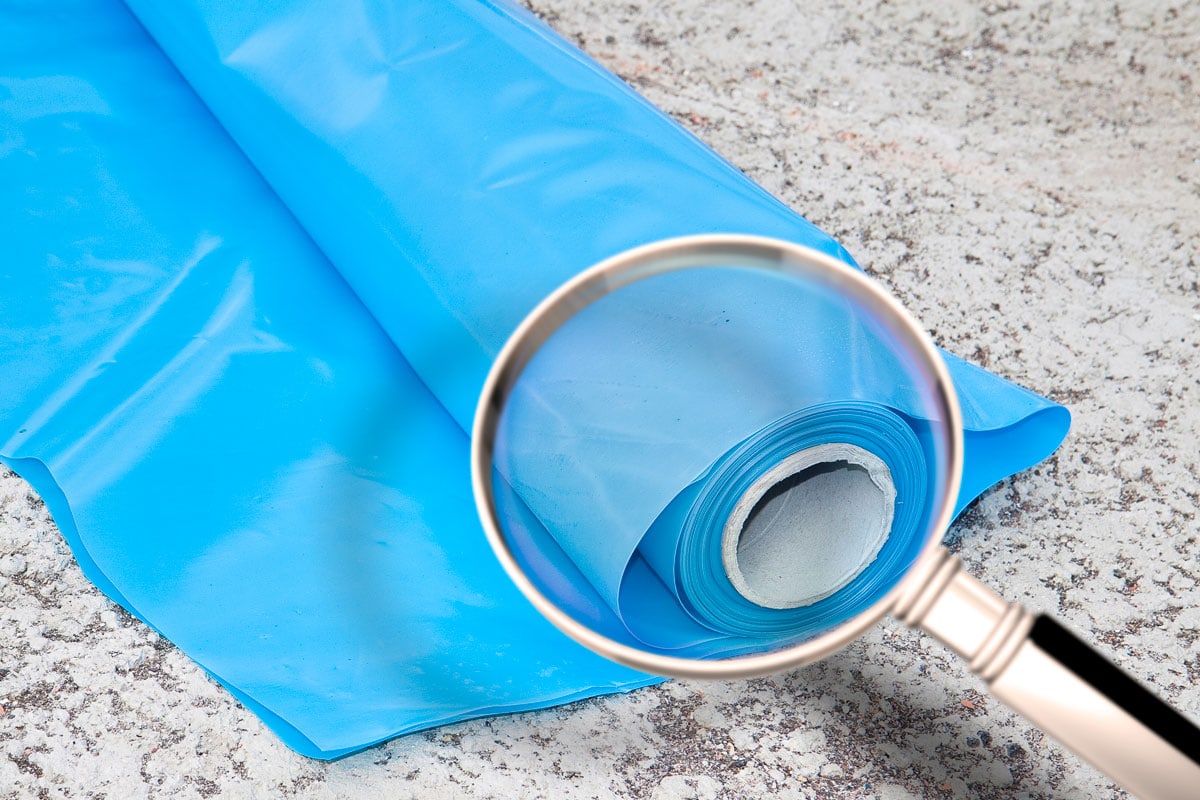
There are some things to consider for those wondering if a vapor barrier is good for their situation. First, do you live somewhere hot and humid?
Also, what is your home built out of? Considering that water vapor can damage construction materials like steel, you may want to install one to prevent corrosion.
Additionally, how well is your basement or house insulated? Insulation plays a huge role in how much water will enter and remain inside a given area, so these are all things to think about.
When Should You NOT Install A Vapor Barrier?
Typically, you don't want to install a vapor barrier if your basement is finished. You also want to avoid using a vapor barrier if you live somewhere dry.
As we covered earlier, having moisture trapped inside a finished basement can lead to issues down the road, like mold, mildew, and even structural damage.
Think of this as an added layer of protection from outside water, so if your home isn't at risk for moisture-related problems, skip the vapor barrier.
Can I Use Plastic Sheeting As A Vapor Barrier?
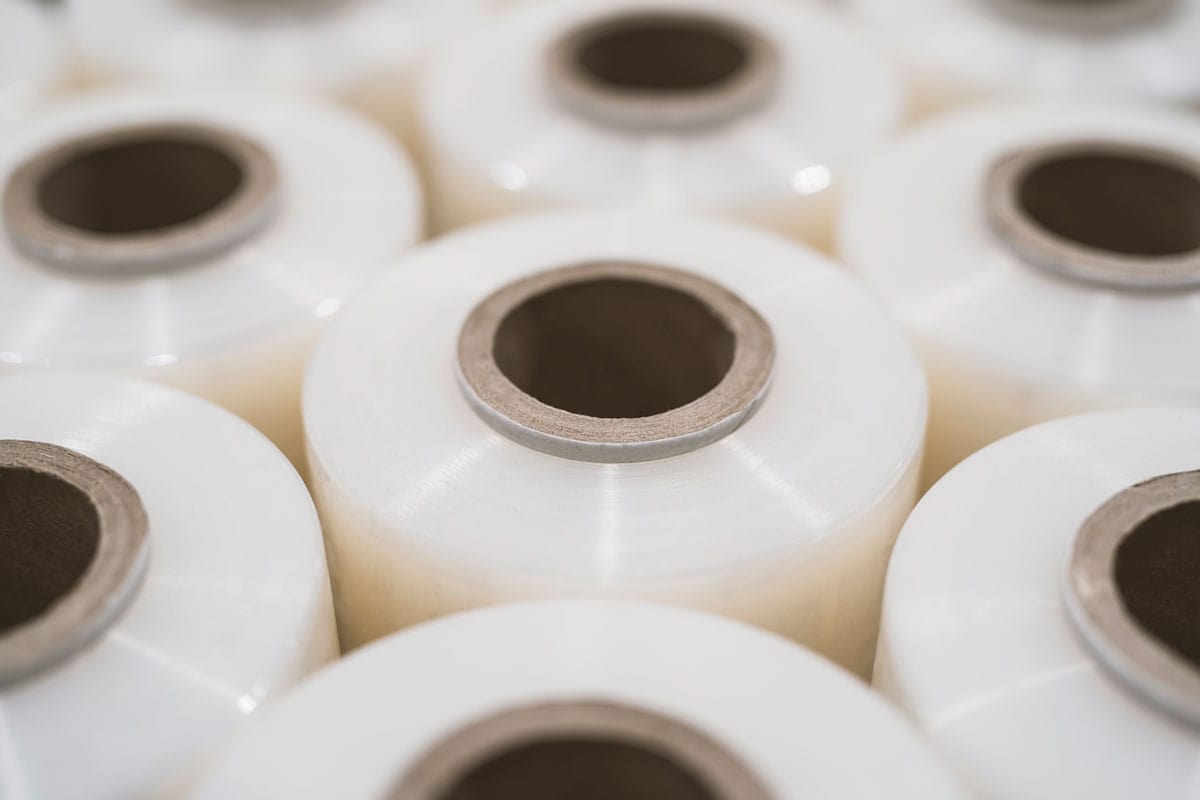
Yes! You can certainly use plastic sheeting as a vapor barrier. Since the most common material for a vapor barrier is plastic, sheeting is a great idea.
Most people choose 6-millimeter polyethylene plastic for their vapor barrier, so we recommend following that suggestion. On top of that, plastic has a fairly low permeability rating, meaning water in its gaseous or liquid state does not travel through it.
NASA TECH 6 Mil Reinforced Vapor Barrier
This vapor barrier covers 1,000 square feet, is corrosive resistant, waterproof, heavy-duty material, works for commercial and residential spaces, aluminum and polyethylene, and is made in the USA.
Follow this link to see it on Amazon.
What Other Materials Can You Use As A Vapor Barrier?
If you don't want to use plastic for your basement's vapor barrier, there are plenty of alternatives. A few of our top choices include:
- Builder's foil
- Foam board insulation
- Asphalt or coal tar pitch
- Exterior sheathings
- Paper-backed aluminum
- Aluminum foil
Of course, these are just a few great materials to try for creating a vapor barrier, so you don't have to stick to one option. Furthermore, you can also usually purchase a vapor barrier kit at the store or online, which leaves out the guessing.
Does Plywood Work As A Vapor Barrier?
Although we don't recommend putting all of your hope into plywood, you can use it as a vapor barrier. Generally, wood will act as an air and vapor barrier, especially if it has a finish.
However, you won't see plywood be as effective as plastic in blocking moisture from entering through the ground of your basement/home, so in that way, it isn't always the better idea.
According to Ecohome, using plywood with a finishing veneer coat as a makeshift vapor barrier can be a good alternative to other materials. Again, you won't see this as entirely impenetrable, but it should be good enough if you don't live somewhere super moist.
How Much Does A Vapor Barrier Cost?
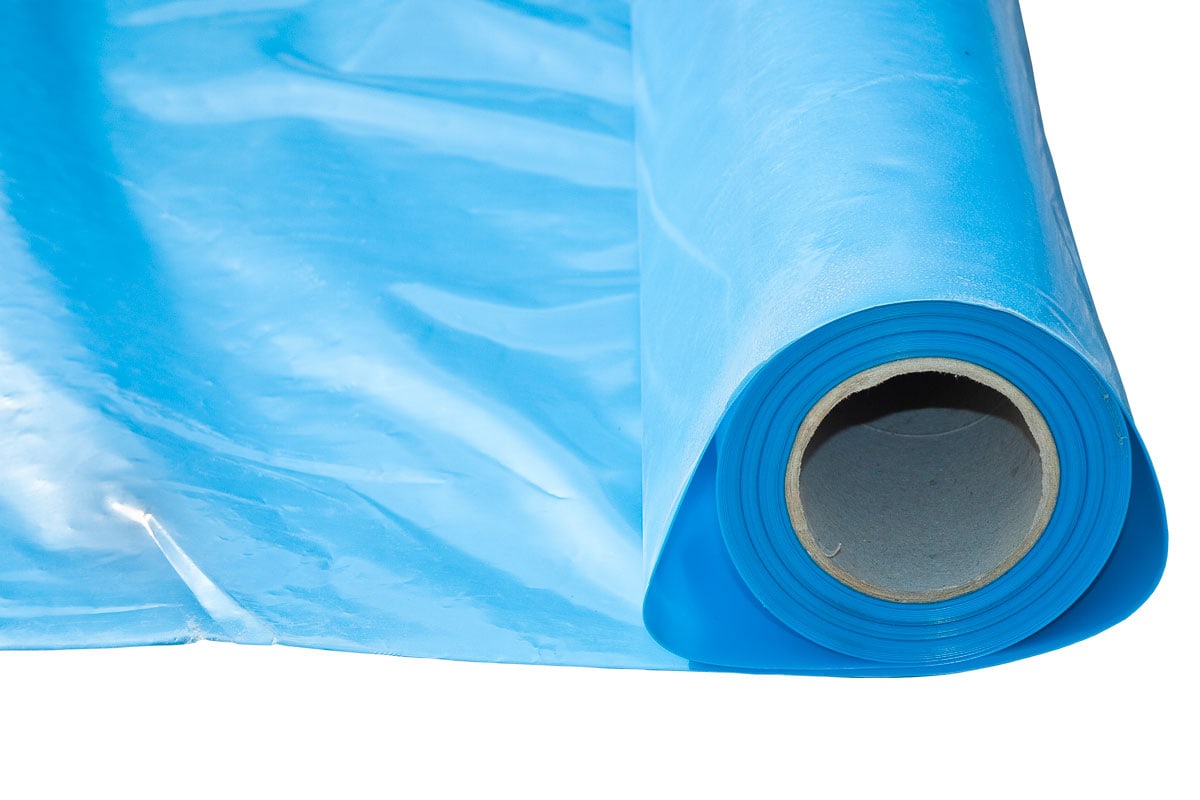
You can typically expect to pay between $0.50 to $0.70 per square foot of vapor barrier for your home. Of course, this is considering you use a standard 20-millimeter vapor barrier product, so everyone's final price tag will be slightly different.
In addition to the cost of your barrier, you will also need tape. This specialty vapor barrier tape will usually be close to $50 for a 4-inch-by-180-foot roll, so it can get expensive.
Moreover, you don't want to cut costs when installing a vapor barrier. It's always better to purchase a high-quality product initially than have to fix the entire structure of your house, so keep that in mind.
Blue Summit Supplies Vapor Barrier Tape
This vapor barrier tape is high-quality polyethylene material, 9-millimeters thick, 3.78 inches wide, and comes in a 180-foot roll.
Check out this tape on Amazon here.
To Wrap It Up
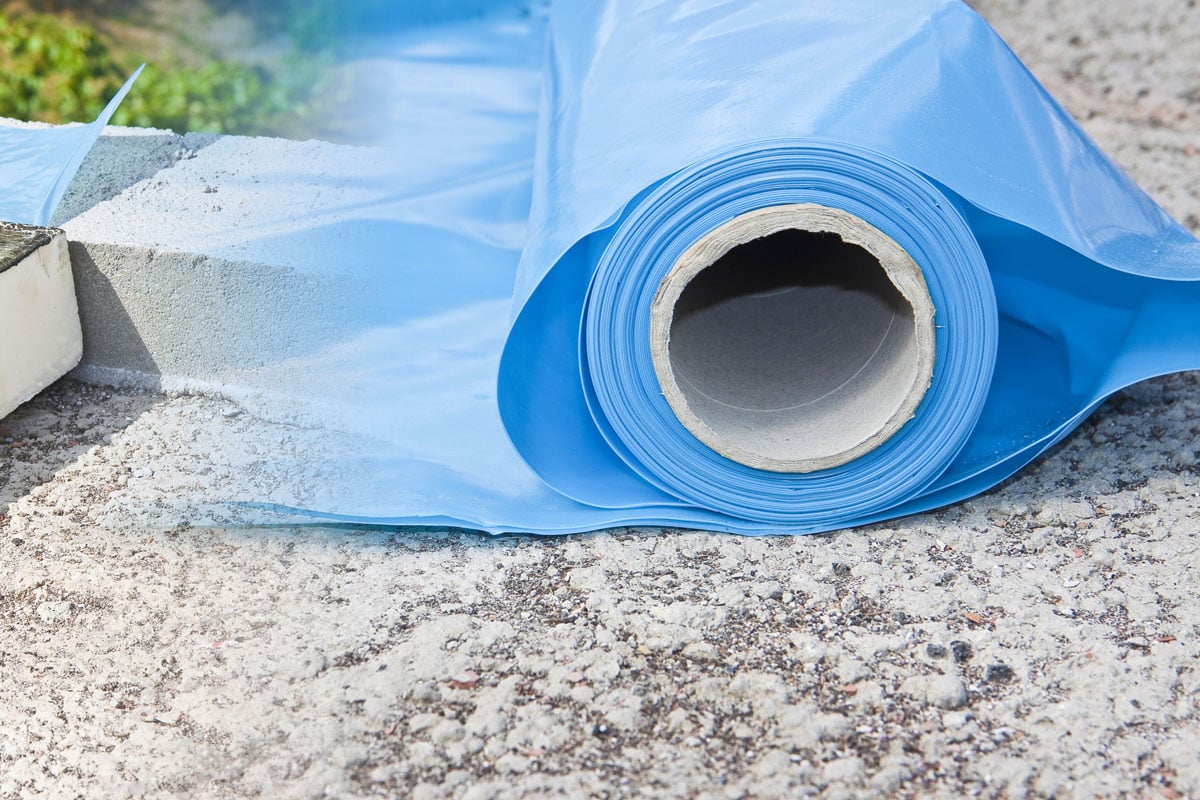
Whether you live in the tropics or want to seal off your basement, figuring out whether a vapor barrier is for you can be tricky. We found that using a vapor barrier in a finished basement isn't usually a good idea.
However, having a vapor barrier to fend off water damage can be beneficial if you have an unfinished basement. Regardless, you want to use a high-quality plastic material, like polyethylene.
Furthermore, it's also a good idea to make sure the vapor barrier you use is installed correctly, as this can save your home's foundation from expensive repairs down the road.
Made it to the end? Check out these other helpful related HVAC posts below!
What Insulation To Use For 2X6 And 2X4 Walls


